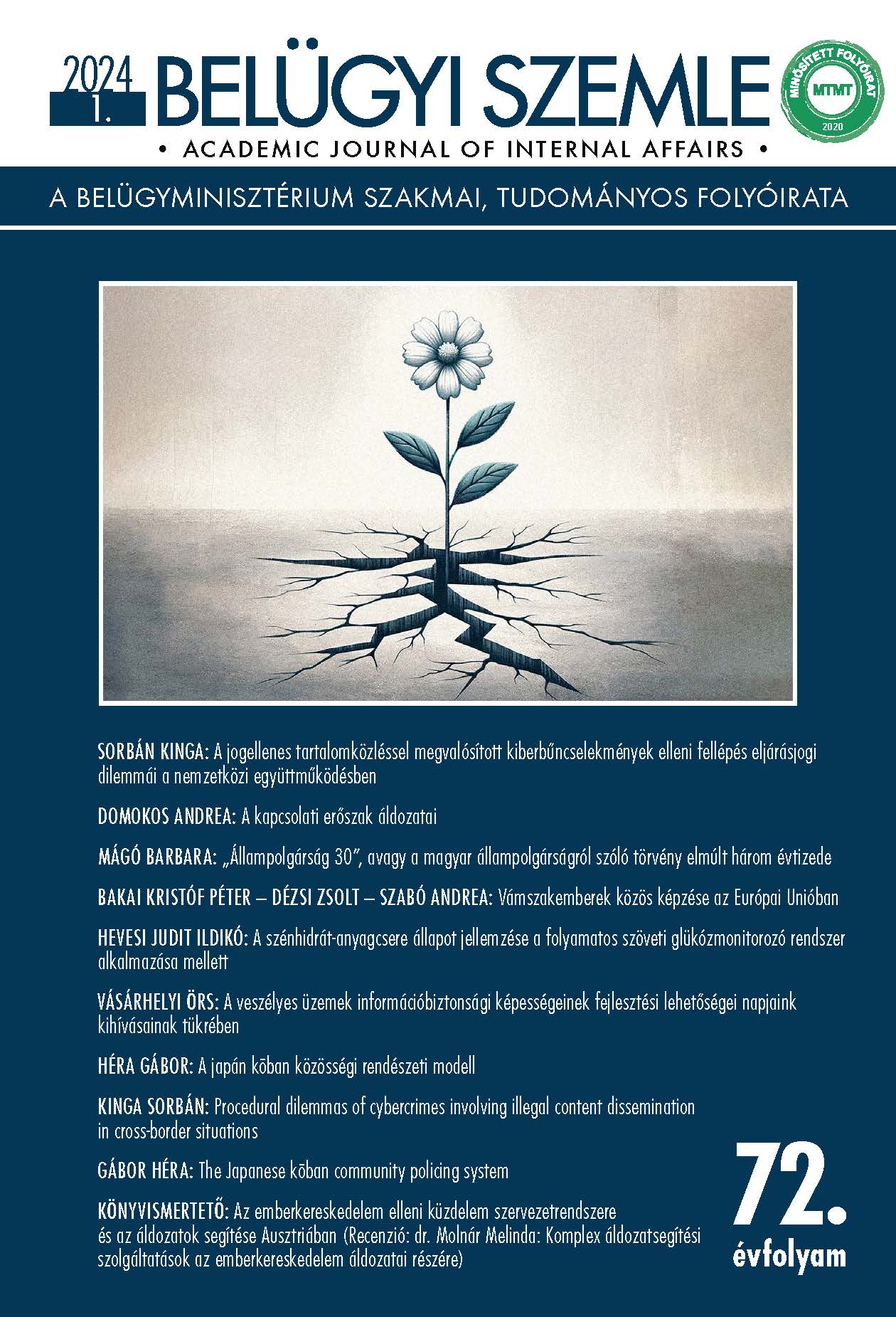Abstract
Aim: This paper aims to delve into effective measures for preventing violence in relationships. The article examines the European Union’s efforts to combat domestic violence.
Methodology: Through a comparative analysis of international laws, and sociological and psychological research, the author seeks to comprehend the root causes of victimisation and perpetration. The Istanbul Convention’s primary objectives are also outlined, with the EU slated to join in 2023. Simultaneously, the author asserts that uniform legislation across the EU is imperative. The paper further details the European Commission’s draft directive on violence against women and violence in relationships, which recognises domestic violence as a criminal law issue that infringes upon human rights and acknowledges that both men and children can be victims. Additionally, the EU’s 2020 victim strategy and 2021 child rights strategy are explored, both of which aim to provide better protection for victims of domestic violence.
Findings: The author stresses the significance of raising awareness surrounding this type of violence among both the public and professionals. Furthermore, the paper highlights the importance of considering the dependent situation of victims, and the desires for control and possession from perpetrators during legal proceedings.
Value: The proposed solution is to establish trust with victims, which can help to reduce latency. Victims will feel more inclined to trust society and the authorities if they receive special protection, such as access to shelters, telephone helplines, and medical and legal assistance.

